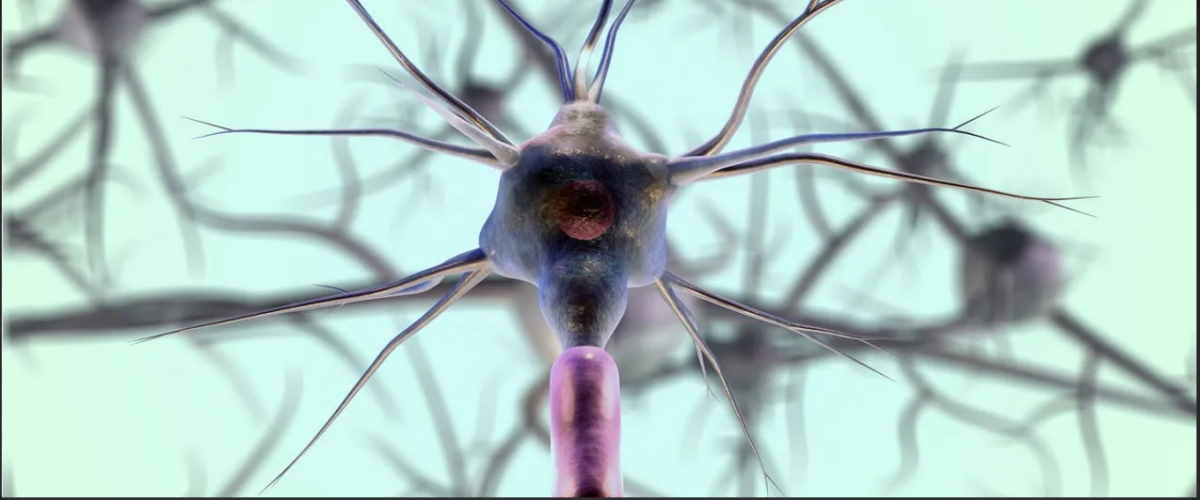Our bodies are constantly renewing themselves at the cellular level, replacing old and damaged cells with fresh ones. This cellular regeneration process is critical to maintaining our overall health and vitality. A key molecule that plays a pivotal role in this process is NAD. NAD is a coenzyme involved in various metabolic reactions in the body, including energy production, DNA repair and cell regeneration. So how do we incorporate NAD into our daily routine?
NAD is a coenzyme found in every cell of our body and plays a vital role in various biological processes in our body. It is involved in functions such as energy production, DNA repair and gene expression. As we age, NAD levels in cells drop, leading to decreased cellular energy and greater susceptibility to age-related diseases.
However, there are ways to naturally increase NAD levels in our bodies, one of which is through our diet. Certain foods are rich in NAD precursor molecules, which are converted to NAD in our cells. Including these foods in our diet can help replenish NAD levels and potentially slow the aging process.
In addition to boosting energy, NAD may also help promote healthy aging, improve cognitive function, and prevent heart disease.
1. Enhance cellular energy:
One of the most notable benefits of NAD is its ability to enhance cellular energy production. As we age, NAD levels in our bodies naturally decline, hindering ATP synthesis, leading to fatigue and decreased endurance. By replenishing NAD levels through dietary supplements or by activating enzymes that promote NAD synthesis, we can restore energy levels, resulting in increased vitality and improved physical and mental performance.
2. DNA repair and genome stability:
Accumulated DNA damage is one of the key factors driving the aging process, leading to the development of age-related diseases. The pivotal role of NAD as a promoter of the DNA repair machinery ensures maintenance of genome stability. By stimulating NAD production, we can potentially enhance the body's ability to repair damaged DNA, thereby slowing the aging process and promoting overall health.
3. Improves Metabolic Health:
Metabolic decline is a natural consequence of aging and often leads to weight gain, insulin resistance and metabolic disturbances. Recent research has shown that NAD plays a key role in regulating metabolism, specifically through a group of enzymes called sirtuins. By increasing NAD levels, we activate these sirtuins, promoting cellular health, improving metabolism and potentially alleviating age-related metabolic disturbances.
4. Neuroprotection and Cognitive Aging:
Cognitive decline is a common concern among older adults. NAD's ability to enhance mitochondrial function, reduce oxidative stress, and increase production of neuroprotective substances called neurotrophins has broad potential in combating age-related cognitive decline. Numerous studies report that elevated levels of NAD improve cognitive performance and neuroprotection.
5. Prolong life:
NAD's multifaceted roles in cellular processes and maintenance of genome stability contribute to its potential as a longevity molecule. Several studies in model organisms such as worms and mice have shown that supplementing or activating NAD can significantly increase lifespan. While the translation of these findings to humans is still under investigation, the tantalizing prospect of extending healthy lifespan holds promise for future antiaging interventions.
NAD is a coenzyme present in all living cells, of course NAD molecules are not directly present in food, but NAD precursors are naturally present in food, including plants and animals.
The cells in our body need certain building blocks, called NAD precursors, to make NAD. When they enter our bodies, these precursors undergo chemical changes in cells to form NAD. Its precursors niacinamide, niacin, and tryptophan can be obtained from various dietary sources. Foods such as meat, fish, dairy, legumes, grains, nuts and seeds contain these precursors, which the body can then use to synthesize NAD.
Major food sources of NAD precursors include meat, poultry, fish, and some plant foods.
1. Animal foods such as beef liver, chicken, beef and pork:
In addition to being an excellent source of niacin, beef liver is also rich in iron, vitamin B12 and zinc.
2. Chicken
In addition to its niacin content, chicken is also a good choice for promoting muscle health and overall health due to its high protein content.
3. Fish
Not only does it contain niacin, fish is known for being rich in omega-3 fatty acids, which help promote heart health.
4. Rice
Both brown and white rice are staple foods that provide important nutrients to our diets. In addition to niacin, brown rice is rich in essential vitamins and minerals and is primarily known for its higher fiber content than white rice.
5. Green leafy vegetables like tomatoes, broccoli, spinach, and asparagus
They are delicious and nutritious dietary supplements. Not only do they contain niacin, tomatoes are also a good source of antioxidants, vitamin C, and riboflavin.Including these vegetables in your diet ensures you get the precursors you need for NAD synthesis
6. Milk, cheese and yogurt
A glass of 1 percent milk provides 0.2 mg of niacin per serving. In addition, milk also contains protein, calcium, zinc and riboflavin, which is beneficial to bone health and prevents osteoporosis in adults.
Eating foods rich in NAD precursors can help support NAD levels in the body, but it may not be enough by itself to fully replenish NAD. NAD precursors, such as nicotinamide riboside (NR) and nicotinamide mononucleotide (NMN), are converted to NAD in the body. However, the conversion process can be complex, and the body's ability to absorb and utilize these precursors can vary.
Other factors, such as age, stress, certain medications, and various health conditions can also affect NAD levels. So in addition to the important role in maintaining NAD levels through a healthy diet, other lifestyle factors also need to be considered. Studies have shown that regular exercise can increase NAD levels in various tissues and organs, contributing to healthy aging. Getting enough sleep and managing stress levels are also critical for optimal NAD production and overall health.
In addition, for some vegetarians or those with dietary restrictions, NAD precursor supplements can be considered, which can better help individuals obtain a healthy body and delay the aging process.
Disclaimer: This article is for informational purposes only and should not be considered medical advice. Always consult a healthcare professional before using any supplements or changing your healthcare regimen.
Post time: Aug-31-2023







